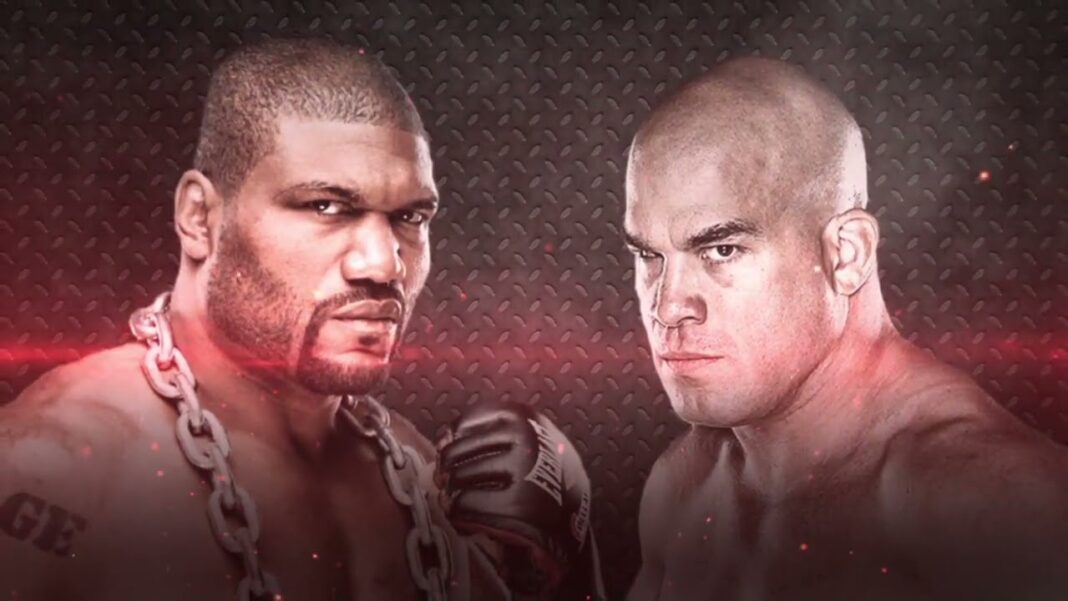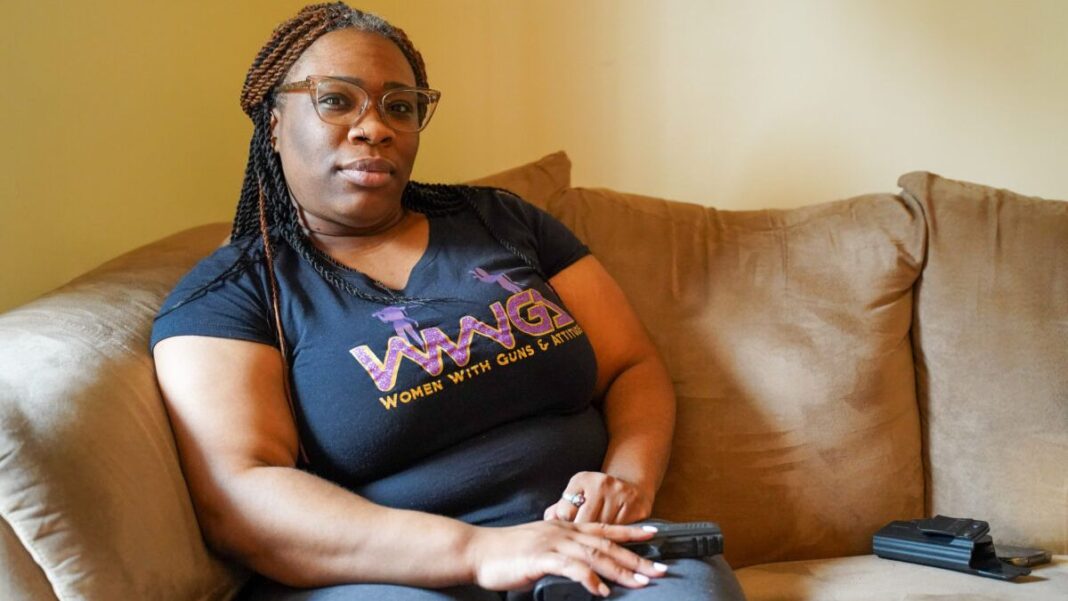
GAINESVILLE, Fla.—Attorney Jeff Childers fumed as he read media banter and Twitter feed fury about what has come to be called the “Don’t Say Gay” bill.
It’s a misleading moniker, and deliberately so, aimed at sparking political outrage based on a lie, he and others told The Epoch Times.
Childers has been especially infuriated to hear that the bill’s sponsor, Rep. Joe Harding, of Ocala, has been repeatedly threatened and unrelentingly harassed as a result of a well-coordinated misinformation campaign by opponents of his bill.
So to fight back, Childers asked his 80,000 blog followers on March 16 to send small donations to Harding’s reelection efforts. A day later, more than 3,000 people had flooded the lawmaker’s campaign-spending account with $62,000.
Meanwhile, Harding’s political opponents in Florida and far beyond continued their campaign to stir up outrage over the bill.
The cause of all the drama is officially known as the Parental Rights in Education bill. The measure, recently passed by the Republican-led state legislature, will be delivered to the desk of Gov. Ron Desantis. A date has yet to be specified.
Under the Florida Constitution, DeSantis will have 15 days to sign the bill into law or veto it. If he does nothing, it will automatically become law. But DeSantis already has signaled his support. He’s also been outspoken about his frustration with those who perpetuate attaching the name “Don’t Say Gay” to the bill.
Despite what pundits and activists around the country have passionately decried, the bill wouldn’t ban the word “gay,” and wouldn’t keep kids from talking about their same-sex parents or LGBTQ loved ones.
It wouldn’t require schools to “out” gay kids to their parents.
It wouldn’t ban books about gay people.
And it wouldn’t ban teaching on important topics such as a 2016 shooting at the Pulse nightclub in Orlando that targeted the mostly gay patronage.
It basically says teachers can’t instruct children in kindergarten through Grade 3 on issues of gender identity and sexual orientation, and that schools must involve parents in any decisions involving the mental or physical well-being of the child.
If they don’t, the bill would give parents an avenue for making a complaint against the school and getting help from the state Department of Education, without having to hire a lawyer.
But after it was filed for consideration, Democrat politicians and activists quickly began referring to it as the “Don’t Say Gay” bill. And the name seems to have whipped many in the LGBTQ community and their allies around the country into a fury.
By Nanette Holt
Read Full Article on TheEpochTimes.com





